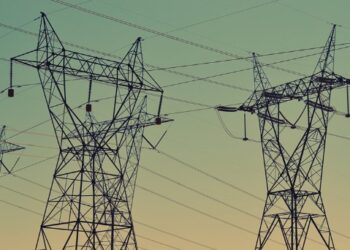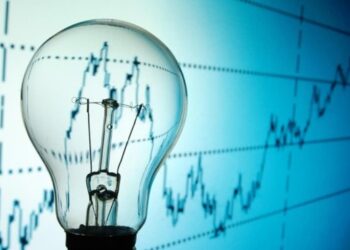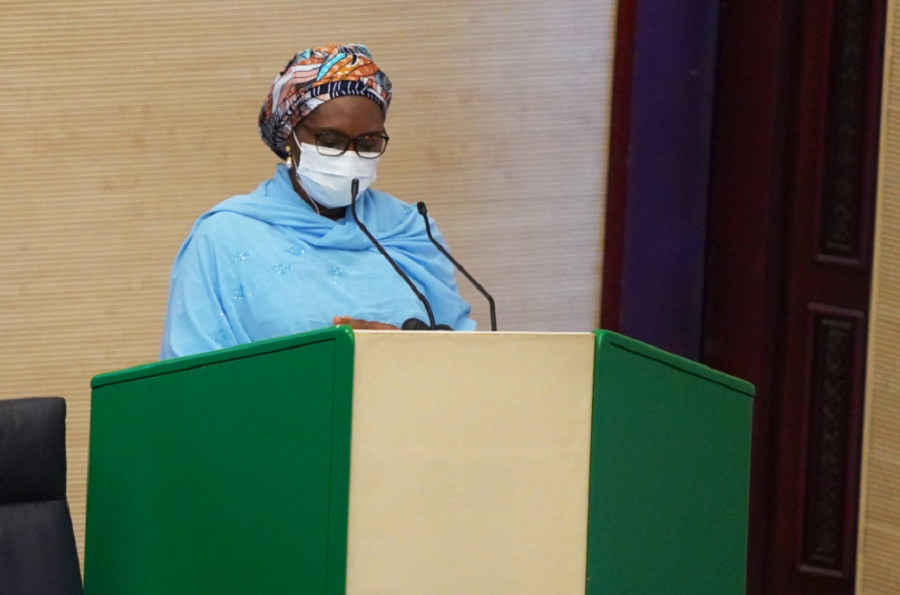The Federal Government has dismissed the World Bank’s recent report that says over 78% of Nigerian electricity consumers access less than 12 hours of supply as inaccurate.
This was disclosed by the Special Adviser to the President on Infrastructure, Mr. Ahmad Zakari via a statement.
As far as the President’s aide is concerned, the global bank’s empirical evidence used to arrive at the figure was unclear.
Though the government revealed last week that 17 out of the 25 generation power plants were down, which led to a drop in supply across the nation, it insisted that power distribution to consumers had been steadily improving.
READ: Nigerian firm set to raise $1.2 billion to purchase electricity meters
He stated, “It was inaccurate to make a blanket statement on the country’s power sector. The empirical evidence from the Nigerian Electricity Regulatory Commission (NERC) showed that only 55% of citizens connected to the grid are in tariff bands D and E which is less than 12 hours supply.
It is inaccurate to make a blanket statement that 78% of Nigerians have less than 12 hours daily access. The data from NERC is that 55% of citizens connected to the grid are in tariff bands D and E which are less than 12 hours supply.
Those citizens are being fully subsidised to pre-September 2020 tariffs until Discos are able to improve supply. There is a N120 billion CAPEX fund from CBN for Discos to improve infrastructure for these tariff classes similar to the metering programme that is ongoing.”
READ: World Bank to boost Nigeria’s power distribution with $500 million
What you should know about the World Bank report
Nairametrics had reported on Sunday that the World Bank revealed that about 62% of Nigerian consumers do not believe that the power sector is being managed efficiently.
It said 66% of electricity consumers in Nigeria are willing to pay more for power if supply improves. Also, a total of 74% of power users in the country are dissatisfied with the supply of electricity.
It further disclosed that while 93% of metered power users paid their bills regularly, 78% of electricity consumers in Nigeria received less than 12 hours of supply daily, stressing that the findings were done after a thorough survey conducted by the global financial institution.























